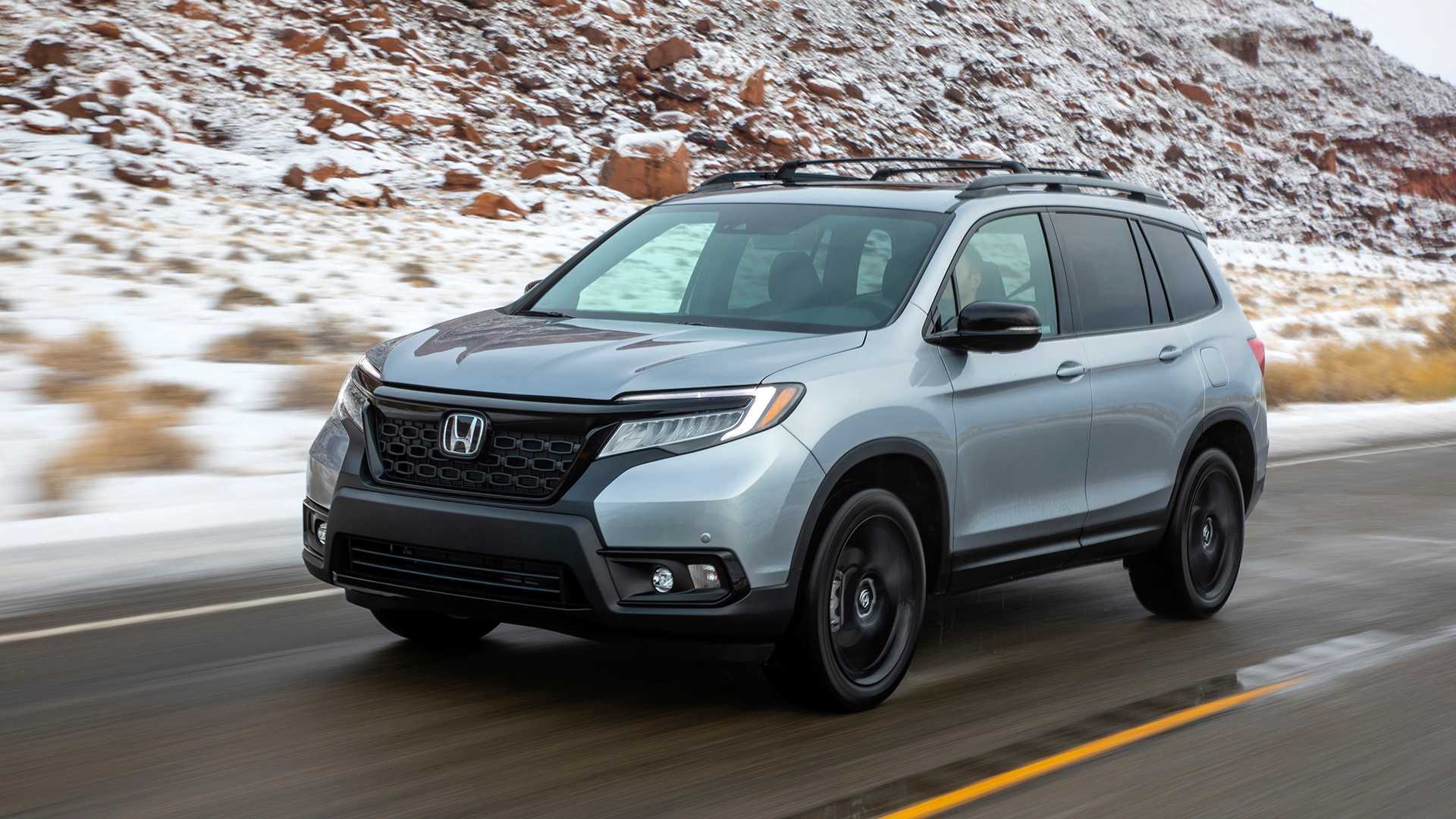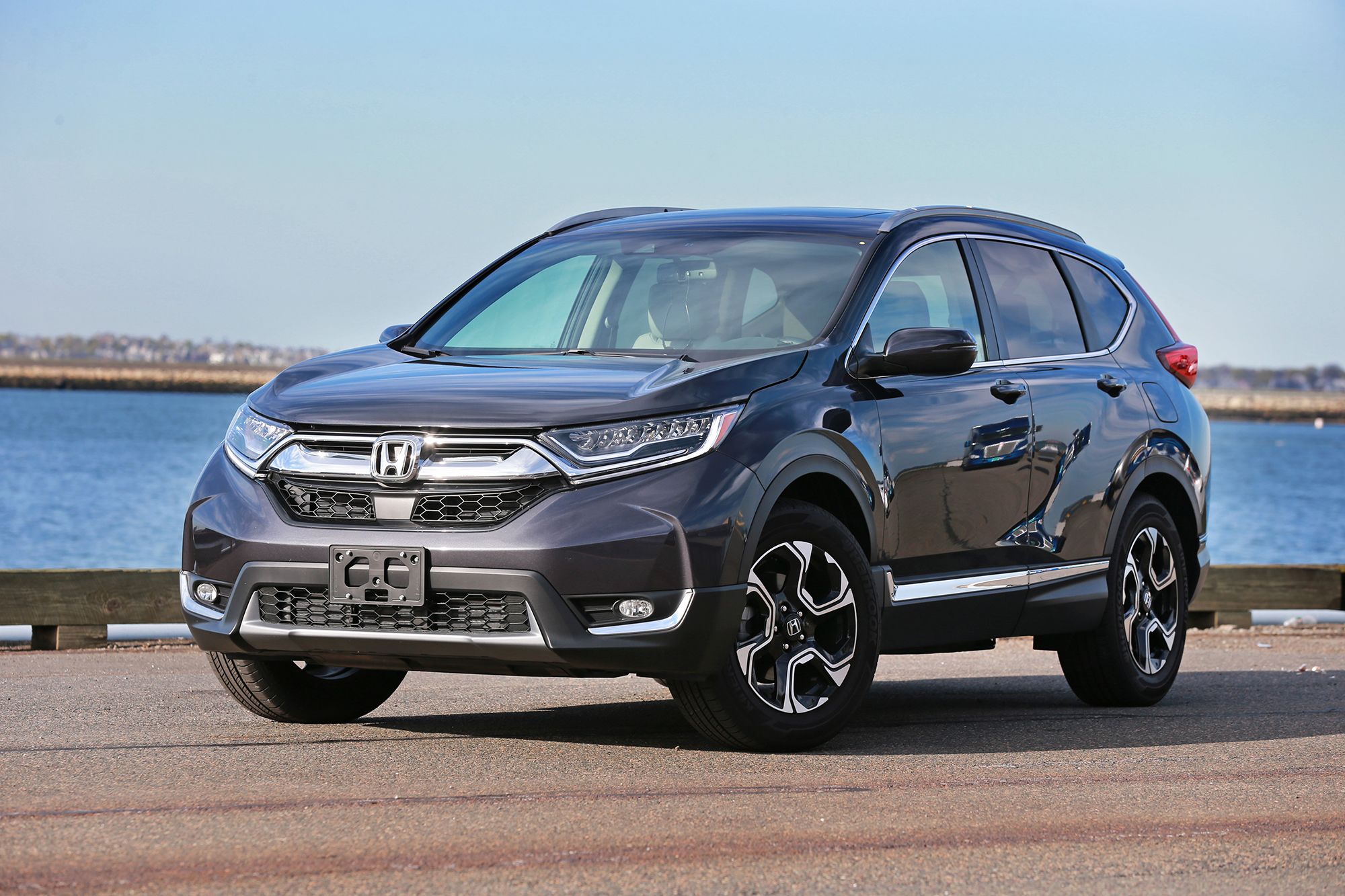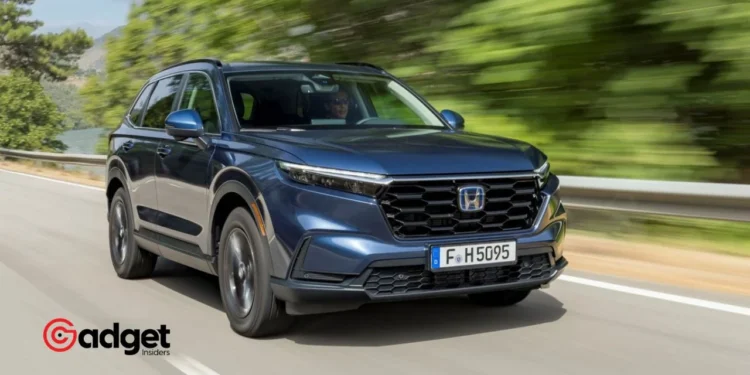In a significant escalation, the National Highway Traffic Safety Administration (NHTSA) has expanded its investigation into potential braking system defects in millions of Honda vehicles, a move that underscores growing safety concerns for one of the world’s leading automakers. Initially focusing on specific models from 2017 to 2019, the probe now encompasses nearly 3 million Honda Accord and CR-V vehicles spanning from 2018 to 2022, highlighting the severity of the issue.

The Genesis of the Probe
Triggered by a worrying number of consumer complaints, the NHTSA first initiated this probe in early 2022. Concerns were raised regarding the vehicles’ automatic emergency braking system activating unexpectedly, leading to sudden and unanticipated decelerations. Such incidents pose significant risks, not just to the vehicle occupants but to all road users.
Feds expand investigation into Honda’s automatic emergency braking system https://t.co/49oSGRCecP
— Ars Technica (@arstechnica) April 17, 2024
A Closer Look at Consumer Reports
To date, the regulator has documented 1,294 consumer complaints about the braking issue, with alarming reports of 31 crashes and 50 injuries attributed to the problem. The gravity of these statistics prompted the NHTSA to upgrade its preliminary evaluation to an engineering analysis, a critical step that could lead to a full-scale recall if a safety-related defect is confirmed.

Honda’s Response to the Crisis
Honda’s stance in the face of these investigations has been cautiously cooperative. Acknowledging the situation, a Honda spokesperson emphasized the company’s commitment to safety and its ongoing collaboration with the NHTSA. Despite some consumer reports indicating that dealers have dismissed the braking activations as normal or have been unable to replicate the issue, Honda insists on a rigorous review of all available data to address any potential safety risks effectively.
The Road Ahead
As the NHTSA’s engineering analysis progresses, all eyes will be on Honda’s next moves. The outcome of this investigation could have significant implications not only for Honda’s reputation but also for the safety protocols employed across the auto industry. Consumers and safety advocates alike await decisive action that could lead to enhancing the reliability and safety standards of one of the most popular vehicle brands on the road.

Final Thoughts
With the probe now including almost 3 million vehicles, the scale of potential defects—and the corresponding need for a possible recall—illustrates the challenges automakers face in deploying complex safety technologies like automatic braking systems. As this investigation continues to unfold, it serves as a crucial reminder of the need for stringent safety measures and thorough testing protocols in the automotive industry. Honda’s ongoing cooperation with the NHTSA will be pivotal in ensuring that safety, rather than convenience, dictates the functionality of automotive technologies.









